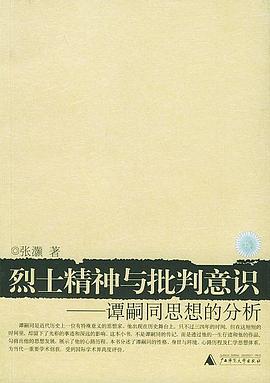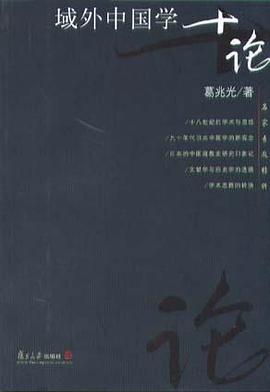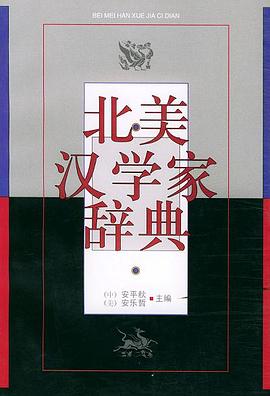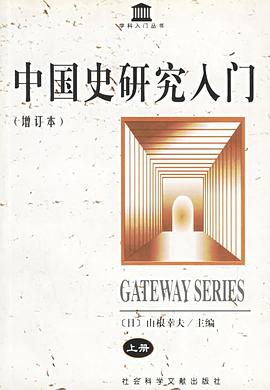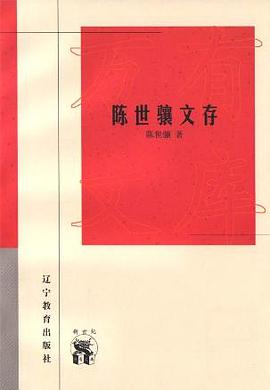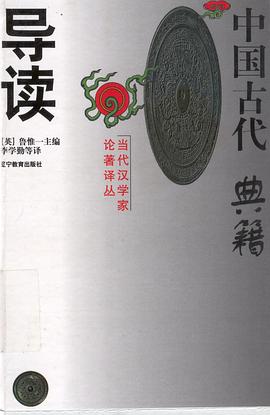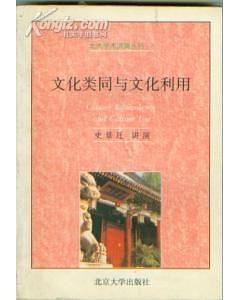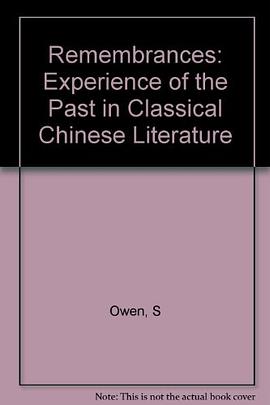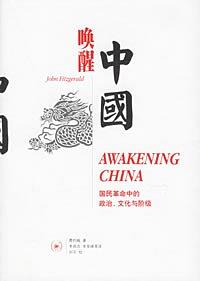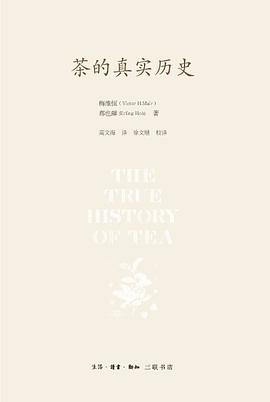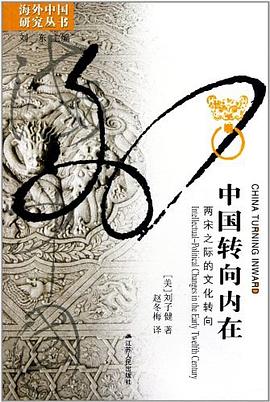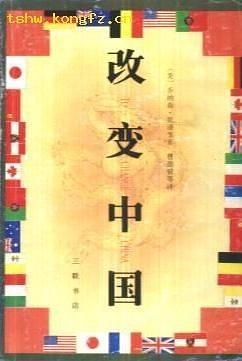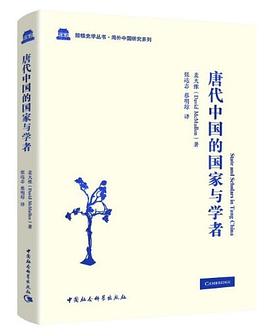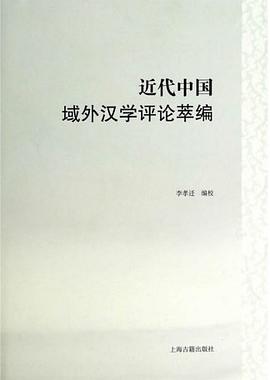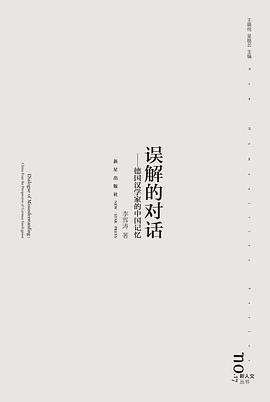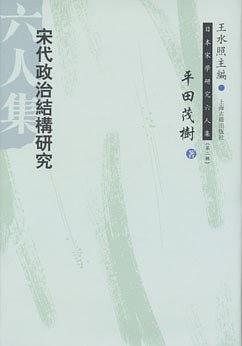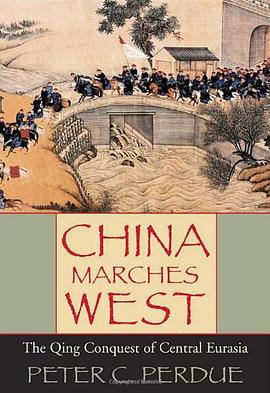
China Marches West pdf epub mobi txt 电子书 下载 2025
- 海外中国研究
- 历史
- 新清史
- 清史
- 列文森中国研究书籍奖
- 新疆
- 海外汉学
- 中国研究
- 中国历史
- 西部发展
- 地理探索
- 文化变迁
- 丝绸之路
- 民族融合
- 经济扩张
- 国家崛起
- 边疆治理
- 一带一路

具体描述
From about 1600 to 1800, the Qing empire of China expanded to unprecedented size. Through astute diplomacy, economic investment, and a series of ambitious military campaigns into the heart of Central Eurasia, the Manchu rulers defeated the Zunghar Mongols, and brought all of modern Xinjiang and Mongolia under their control, while gaining dominant influence in Tibet. The China we know is a product of these vast conquests.
Peter C. Perdue chronicles this little-known story of China’s expansion into the northwestern frontier. Unlike previous Chinese dynasties, the Qing achieved lasting domination over the eastern half of the Eurasian continent. Rulers used forcible repression when faced with resistance, but also aimed to win over subject peoples by peaceful means. They invested heavily in the economic and administrative development of the frontier, promoted trade networks, and adapted ceremonies to the distinct regional cultures.
Perdue thus illuminates how China came to rule Central Eurasia and how it justifies that control, what holds the Chinese nation together, and how its relations with the Islamic world and Mongolia developed. He offers valuable comparisons to other colonial empires and discusses the legacy left by China’s frontier expansion. The Beijing government today faces unrest on its frontiers from peoples who reject its autocratic rule. At the same time, China has launched an ambitious development program in its interior that in many ways echoes the old Qing policies.
China Marches West is a tour de force that will fundamentally alter the way we understand Central Eurasia.
作者简介
Peter C. Perdue is Professor of History at Yale University. He has taught courses on East Asian history and civilization, Chinese social and economic history, the Silk Road, and historical methodology. He is a member of the American Academy of Arts and Sciences. His first book, Exhausting the Earth: State and Peasant in Hunan, 1500-1850 A.D. (Harvard University Press,1987), examined long-term agricultural change in one Chinese province. His second book, China Marches West: The Qing Conquest of Central Eurasia (Harvard University Press, 2005), discusses environmental change, ethnicity, long-term economic change and military conquest in an integrated account of the Chinese, Mongolian, and Russian contention over Siberia and Central Eurasia during the seventeenth and eighteenth centuries. He is a coeditor of two books on empires: Imperial Formations, (SAR Press, 2007) and Shared Histories of Modernity, (Routledge, 2008), and a co-author of Global Connections, a world history textbook forthcoming from Cambridge University Press, and Asia Inside Out, three volumes on inter-Asian connections forthcoming from Harvard University Press. His current research focuses on Chinese frontiers, Chinese environmental history, and the history of tea.
目录信息
Preface
Acknowledgments
Note on Names, Dates, Weights and Measures, and Chinese Characters
Introduction
History, Time, and Memory
The Qing Conquests as a World Historical Event
I. The Formation of the Central Eurasian States
1. Environments, State Building, and National Identity
The Unboundedness of Central Eurasia
Trade, Transport, and Travel
The Frontier Zone
Isolation and Integration
2. The Ming, Muscovy, and Siberia, 1400–1600
The Ming and the Mongols
State Formation in Muscovy and Russian Expansion
Siberian and Chinese Frontiers
3. Central Eurasian Interactions and the Rise of the Manchus, 1600–1670
Building the Zunghar State
The Rise of the Manchus
Mongolian Influence on the Manchu State
Early Modern State Building Compared
II. Contending for Power
4. Manchus, Mongols, and Russians in Conflict, 1670–1690
Kangxi the Ruler
Galdan’s Intervention
Kangxi’s First Personal Expedition
The Treaty of Nerchinsk and the Excluded Middle
5. Eating Snow: The End of Galdan, 1690–1697
The Dolon Nor Assembly
The Battle of Jao Modo
The Emperor Rewrites History
The Final Campaigns and the Fate of Galdan
6. Imperial Overreach and Zunghar Survival, 1700–1731
The Rise of Tsewang Rabdan
Three Central Eurasian Travelers
The Penetration of Turkestan and Tibet
The New Emperor Changes Tack
7. The Final Blows, 1734–1771
Transforming the Barbarians through Trade
The Death Knell of the Zunghar State
The Conquest of Turkestan
The Return of the Torghuts
III. The Economic Basis of Empire
8. Cannons on Camelback: Ecological Structures and Economic Conjunctures
Galdan the State Builder
Nian Gengyao and the Incorporation of Qinghai
Administering the Frontier
9. Land Settlement and Military Colonies
Deportation from Turfan
Settlement of Xinjiang
Colonization and Land Clearance
Economic Development
10. Harvests and Relief
Harvests and Yields
Granary Reserves
The Contribution Scandal
The Relief Campaign of 1756
11. Currency and Commerce
Money on the Frontier, from Song through Ming
Integration and Stabilization
Commerce as a Weapon of War
Tribute and Frontier Trade
IV. Fixing Frontiers
12. Moving through the Land
Travel and Authority
Marking Space in Stone
Maps and Power
Expanding the Imperial Gaze
13. Marking Time: Writing Imperial History
Kangxi’s Campaign History
Yongzheng and the Dayi Juemilu
Qianlong’s Account of the Zunghar Mongols
A View from the Frontier
Nomadic Chronicles
V. Legacies and Implications
14. Writing the National History of Conquest
Statecraft Writers and Empire
Geopolitics and Emperor Worship
Chinese Historians and the Multicultural State
Soviet and Mongolian Attacks on Qing Aggression
Empires, Nations, and Peoples
15. State Building in Europe and Asia
The Political Ecology of Frontier Conquest
European, Chinese, and Inner Asian Models
Theories of Nomadic Empires
Rethinking the Qing in the World
16. Frontier Expansion in the Rise and Fall of the Qing
The End of the Qing State
Northwest and Southern Frontiers
The Negotiated State
Commercialization and Regionalization
Appendixes
A. Rulers and Reigns
B. The Yongzheng Emperor Reels from the News of the Disaster, 1731
C. Haggling at the Border
D. Gansu Harvests and Yields
E. Climate and Harvests in the Northwest
Abbreviations
Notes
Bibliography
Illustration Credits
Index
* Maps
1. The Qing empire, ca. 1800
2. The Zunghar empire
3. Ecological zones of Eurasia
4. Tribal peoples and Russian settlements in the sixteenth and seventeenth centuries
5. The Sino–Russian frontier
6. The Kangxi emperor’s Zunghar campaigns, 1690–1697
7. The Qianlong emperor’s western campaigns, 1755–1760
8a. Grain price integration in Gansu, 1739–1864
8b. Grain price integration in Gansu with famine years omitted, 1739–1864
9. Grain price integration in Xinjiang, 1777–1860
· · · · · · (收起)
读后感
Prof. Perdue’s work addresses the clash between empires. He introduces three “theoretical perspectives” of this work: frontier environments, state building, and the construction of national and ethnic identities through historical representation(15). The...
评分 评分Prof. Perdue’s work addresses the clash between empires. He introduces three “theoretical perspectives” of this work: frontier environments, state building, and the construction of national and ethnic identities through historical representation(15). The...
评分我只能贴本人翻译的几章。 China Marches West:The Qing Conquest of Central Eurasia 序言(概要) 我在写作这本书的时候,中国的西部问题还没有引发这么大的关注。现在联合国宣布东突 厥斯坦分离运动是恐怖组织,而中国也宣布要西部大开发。尽管中国在未来仍然会保持对 这...
评分Prof. Perdue’s work addresses the clash between empires. He introduces three “theoretical perspectives” of this work: frontier environments, state building, and the construction of national and ethnic identities through historical representation(15). The...
用户评价
intro 1 14-16
评分2012-13大致读完
评分12/09/2015 “新清史”奠基作品之一。更改了内亚边疆书写的视角和框架。和一些人的看法不同,这部书从立意来说并不是天然反对大一统的,而只是对大一统采取了相对中立的态度,即便如此也已经不可能见容于贵国当局。
评分濮氏眼中内亚之于清帝国等同海疆之于西欧,气候植被多样、地域广阔、相对封闭于海岸但又构成欧亚大陆中心,为欧亚东端两大帝国(俄罗斯与中国)扩展与征服边疆地域,争夺游牧民族政治归属与忠诚和物产流向。有内亚根源的清帝国一改中原朝廷视内亚游民为野蛮外敌、长城划界过滤入侵而保留贸易的传统,主动出击并彻底终结内亚游牧帝国历史。军事动员、财政与决策机构改革和与商人结盟维持同内亚民族关系成为清帝国国家构建动力,并使满清转而认为天下边疆已封闭,与沙俄清晰标定政治疆界,允许民族保留一定自治,帝王以多面意识形态形象超然统摄各族,达到前现代帝国意识形态巅峰。但内亚征服与统治消耗大量资源而回报甚微,征服内亚使清帝国失去改革动力且懒于应付东南海向贸易与英国交流,各地自治难以为继,无形中造成帝国资源与意识双重衰退。
评分军政版的《大分流》,到底还是Charles Tilly大法好
相关图书
本站所有内容均为互联网搜索引擎提供的公开搜索信息,本站不存储任何数据与内容,任何内容与数据均与本站无关,如有需要请联系相关搜索引擎包括但不限于百度,google,bing,sogou 等
© 2025 book.quotespace.org All Rights Reserved. 小美书屋 版权所有

